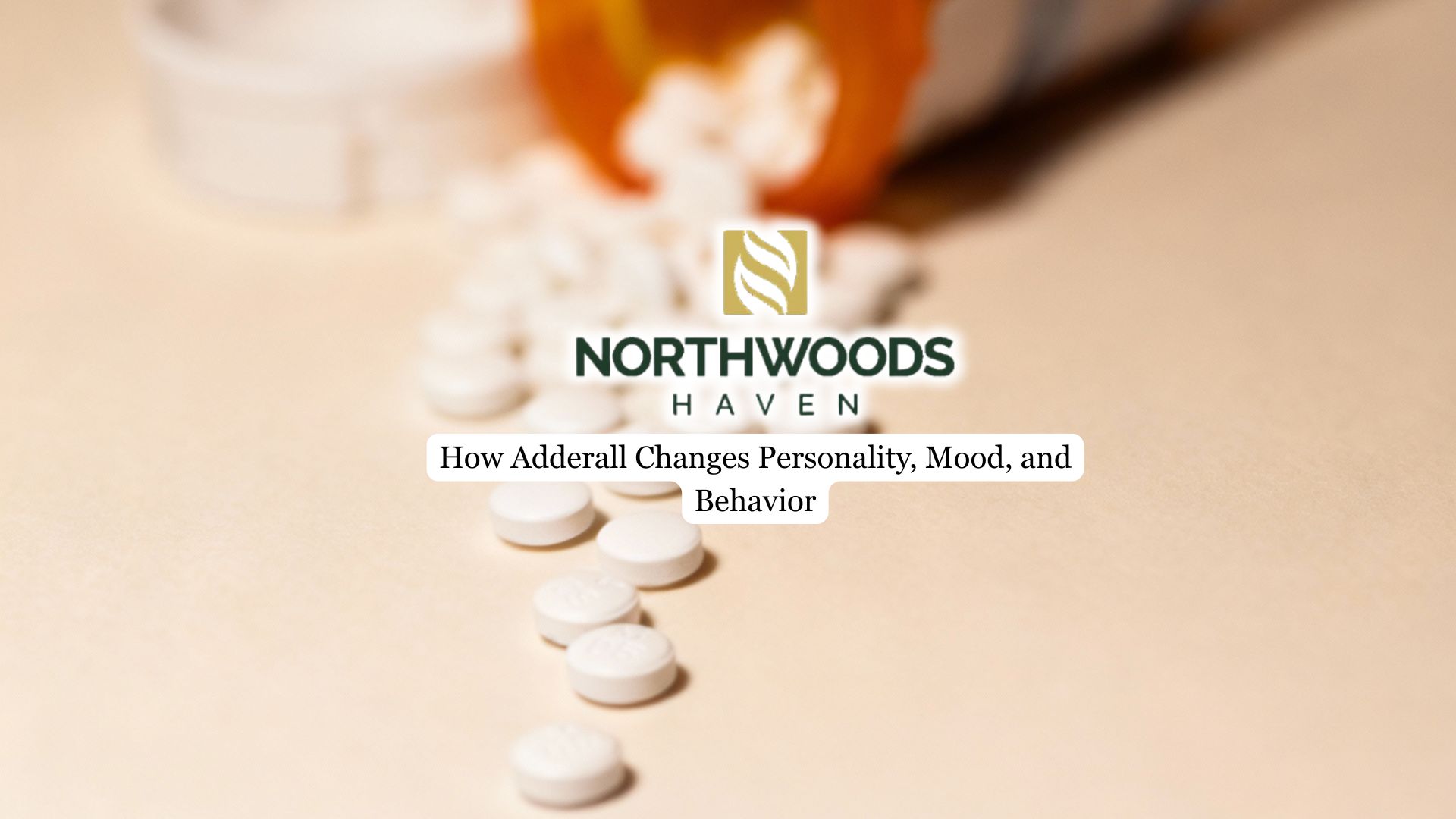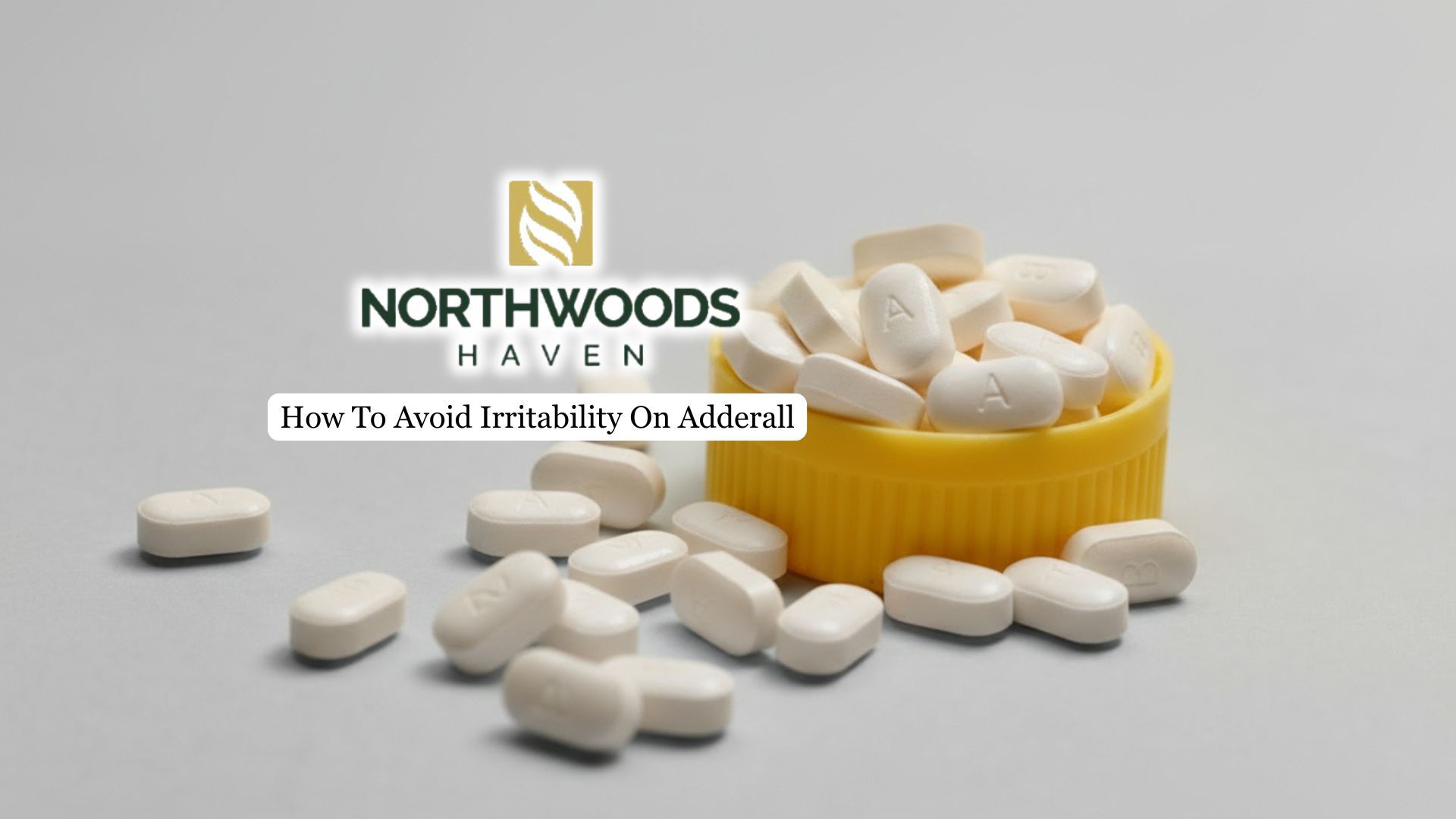Alcohol’s classification as a stimulant or depressant is often misunderstood. While some of its effects may initially resemble those of a stimulant, alcohol is primarily a depressant, meaning it slows down the central nervous system. This affects cognitive function, motor skills, and overall physiological responses. Understanding how alcohol interacts with the body is essential for making informed decisions about its consumption.
Effects of Alcohol on the Body
Alcohol primarily functions as a central nervous system depressant. It enhances gamma-aminobutyric acid (GABA), (a neurotransmitter that promotes relaxation and sedation) while inhibiting glutamate, which plays a key role in memory and cognitive function.
At first, drinking alcohol can release dopamine, creating a brief sense of pleasure, confidence, or sociability. However, as blood alcohol concentration (BAC) increases, the effects shift. Judgment becomes impaired, coordination decreases, brain fog and reaction times slow down.
Prolonged or excessive alcohol consumption can lead to more severe consequences, including impaired motor skills, respiratory depression, and even life-threatening conditions such as alcohol poisoning. As the depressive effects of alcohol can worsen your overall quality of life, it’s important to seek professional help for alcohol addiction tendencies.
Everyone reacts to alcohol differently. Factors such as body weight, biological sex, and tolerance levels play a role in how strongly someone feels its effects.
Understanding Stimulants vs. Depressants
Stimulants and depressants affect the central nervous system in opposite ways. Stimulants, such as caffeine and nicotine, increase brain activity, leading to heightened energy levels and alertness. In contrast, depressants like alcohol, benzodiazepines, and barbiturates slow down neural function, reducing heart rate, causing drowsiness, and impairing motor skills.
While alcohol may initially produce stimulating effects, its overall impact is sedative. Misuse of either stimulants or depressants can lead to significant health risks, including dependency, cardiovascular issues, and neurological impairment.
The Biphasic Response of Alcohol
Alcohol exhibits a biphasic response, meaning its effects change depending on the amount consumed. At low doses, alcohol may produce stimulating effects due to an increase in dopamine, contributing to feelings of relaxation or sociability. However, as BAC levels increase—typically around 0.08 mg/l—the depressant properties take over, resulting in cognitive impairment, slowed reaction times, and loss of coordination.
The extent of this biphasic response depends on various factors, including metabolism, tolerance, and overall health.

Alcohol and Mental Health Implications
Beyond its physical effects, alcohol significantly influences mental health. While it may temporarily elevate mood, frequent or excessive alcohol consumption is associated with increased anxiety, depression, and other mental health disorders. Over time, alcohol use can disrupt neurotransmitter balance, exacerbating pre-existing psychological conditions.
Additionally, chronic alcohol use can impair cognitive function, contributing to memory loss and poor decision-making. Individuals with a history of mental health conditions may face a higher risk of developing alcohol dependence.
Seeking Help for Alcohol Addiction
Recognizing problematic alcohol use is the first step toward addressing its effects. If drinking becomes difficult to control despite negative consequences, seeking professional assistance can be beneficial. In some cases, individuals may experience alcohol withdrawal, which can lead to symptoms such as anxiety, tremors, and nausea, making it even more challenging to quit without support.
Various treatment options are available, including detox programs, outpatient rehabilitation, counseling, and behavioral therapy. Support groups and medically supervised recovery programs can provide guidance and assistance for long-term sobriety.
Final Thoughts from Northwoods Haven Recovery
Gaining a better understanding of alcohol’s side effects as a depressant is crucial for making informed choices about drinking and recognizing when alcohol use becomes a concern.
At Northwoods Haven, we provide comprehensive support for individuals struggling with alcohol dependency. Our evidence-based alcohol treatment programs in Minnesota address both the physical and emotional challenges of addiction, offering personalized care to help individuals regain control of their lives.



